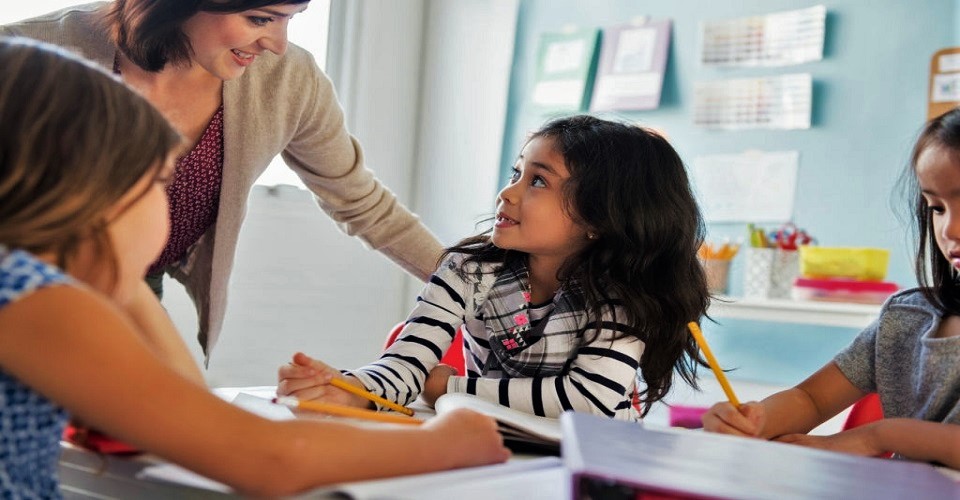3 Important Ways to Collaborate with Caregivers to Support Students with Anxiety
5th February 2021
When it comes to working with students with anxiety in the school setting, it really requires a team effort! Caregivers like parents, guardians, teachers and school personnel need to share the same ideas and support each other to follow similar strategies, recognize triggers, and use common language to support the students. Educators certified with Diploma in Counselling for Teachers will be equipped enough to deal with the learners with anxiety.
Below are 3 great ways to handle students with anxiety.
Caregiver Education
Caregiver education on a variety of different topics help caregivers better understand their child and the things that they try to convey; it also creates a great opportunity for mutual learning. Whether it’s a personal one-on-one conference or a full-blown parent night, educating caregivers and families about anxiety in kids and positive management strategies can help both parties to be in agreement with most of the things related to the child for his/her best, the first and foremost being learning about the anxiety.
Transition Plans
When a child’s school attendance is affected due to his/her anxiety issues, a team transition plan may come to the rescue. When educators collaborate with caregivers to design a structured plan for helping the student transition on campus, it will certainly be a full-proof plan covering all important areas as well as the valuable inputs from caregivers. This may include: arrival time and drop off location, how the parents will say goodbye, common language for encouraging the transition, etc.
Regular Communication
Collaboration needs clear communication. Psychoeducation and information can be provided to parents, teachers and other caregivers, but to provide the best support to students, we need open lines of communication. To include this, teachers who are aware of student counselling techniques often follow a method of daily or weekly communication so that all those involved in the child’s life agree on the same things. Parents on the other hand, can resort to a simple written note or email in the morning to let school staff know how the evening and morning went and if there were things that the child expressed worry about. Similarly, school staff can respond to let parents know how the school day went for the child while maintaining confidentiality.
Written By : Anindita Das